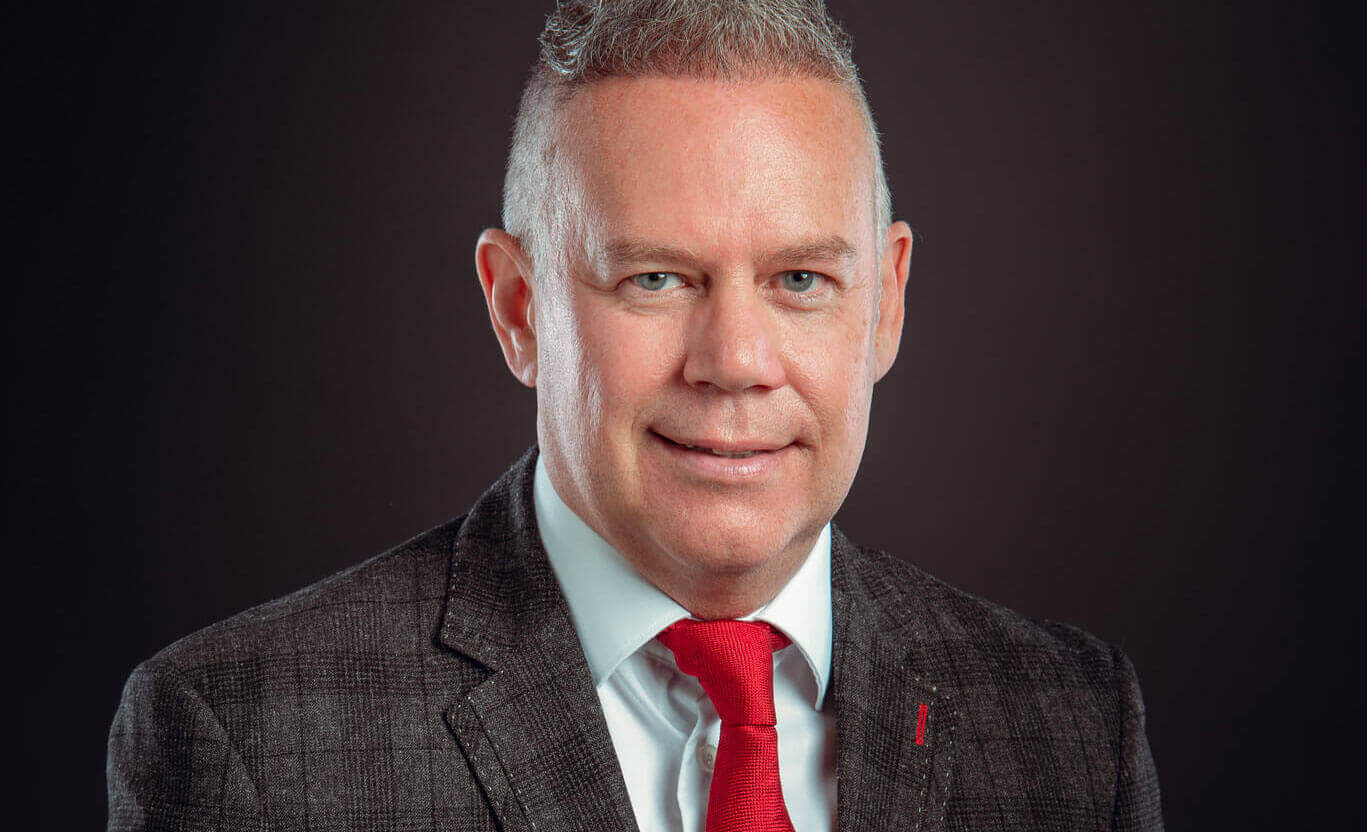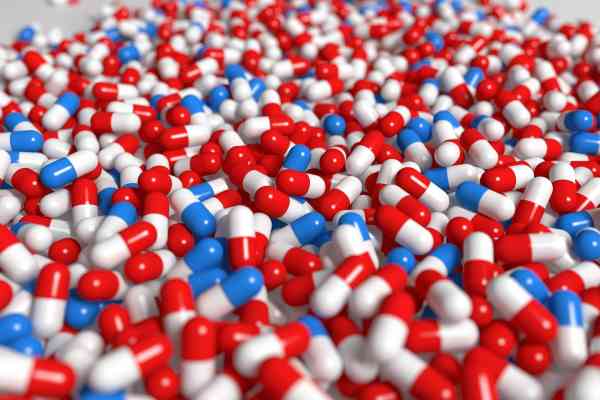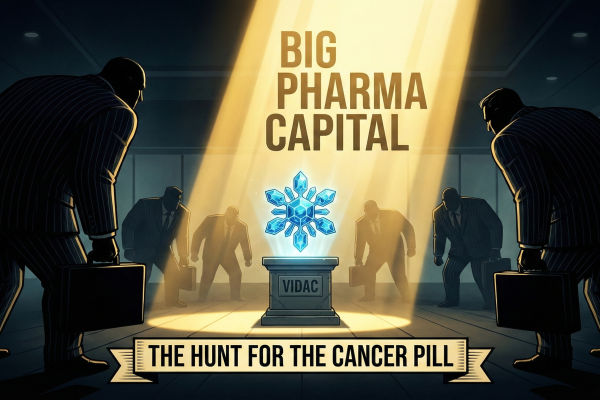August 18th, 2022 | 10:28 CEST
Defence Therapeutics CEO Sébastien Plouffe on the next steps in the battle against cancer
A publicly traded biotechnology business called Defence Therapeutics is developing new vaccines and antibody-drug conjugates (ADC) products on its own proprietary platform. The ACCUM technology, which enables precise delivery of vaccine antigens or ADCs in their intact form to target cells, forms the basis of Defence Therapeutics' platform. As a result, catastrophic illnesses like cancer and infectious diseases can be combated with greater efficacy and potency. CEO Sébastien Plouffe gives us background on the company's latest development in the battle against cancer.
time to read: 1 minutes
|
Author:
Mario Hose
ISIN:
DEFENCE THERAPEUTICS INC | CA24463V1013
Table of contents:

"[...] At the end of 2022 or the beginning of 2023, we plan to start a Phase I study around each of our activities against breast cancer and skin cancer. [...]" Dr. Moutih Rafei, Director and VP of research and development, Defence Therapeutics
Author
Mario Hose
Born and raised in Hannover, Lower Saxony follows social and economic developments around the globe. As a passionate entrepreneur and columnist he explains and compares the most diverse business models as well as markets for interested stock traders.
Tag cloud
Shares cloud
What is the advantage of the latest discovery from Defence Therapeutics and when do patients benefit from the progress in the battle against cancer?
‘The battle against cancer includes multiple but specific strategies directly targeting the tumor itself (e.g., CAR-T or immune-checkpoint blockers). However, tumor regression alone is not enough as the tumor being targeted can re-grow and leads to the formation of metastases all over the body. To limit this outcome, one needs to develop a therapeutic cancer vaccine capable not only of destroying tumor cells, but also eliciting the formation of long-term memory response capable of providing potent protection from subsequent tumor relapses.
So far, dendritic cell-based vaccines were ineffective at achieving this goal, which is why Defence Therapeutics chose to adopt a different and unconventional approach by reprogramming mesenchymal stromal cells using its Accum technology to obtain powerful antigen presenting cells.
With such an experimental therapeutic vaccine in hand, Defence is currently preparing an IND submission to initiate a Phase I trial in patients with solid tumors.’
Sébastien Plouffe, CEO, Defence Therapeutics Inc.

Conflict of interest
Pursuant to §85 of the German Securities Trading Act (WpHG), we point out that Apaton Finance GmbH as well as partners, authors or employees of Apaton Finance GmbH (hereinafter referred to as "Relevant Persons") may hold shares or other financial instruments of the aforementioned companies in the future or may bet on rising or falling prices and thus a conflict of interest may arise in the future. The Relevant Persons reserve the right to buy or sell shares or other financial instruments of the Company at any time (hereinafter each a "Transaction"). Transactions may, under certain circumstances, influence the respective price of the shares or other financial instruments of the Company.
In addition, Apaton Finance GmbH is active in the context of the preparation and publication of the reporting in paid contractual relationships.
For this reason, there is a concrete conflict of interest.
The above information on existing conflicts of interest applies to all types and forms of publication used by Apaton Finance GmbH for publications on companies.
Risk notice
Apaton Finance GmbH offers editors, agencies and companies the opportunity to publish commentaries, interviews, summaries, news and the like on news.financial. These contents are exclusively for the information of the readers and do not represent any call to action or recommendations, neither explicitly nor implicitly they are to be understood as an assurance of possible price developments. The contents do not replace individual expert investment advice and do not constitute an offer to sell the discussed share(s) or other financial instruments, nor an invitation to buy or sell such.
The content is expressly not a financial analysis, but a journalistic or advertising text. Readers or users who make investment decisions or carry out transactions on the basis of the information provided here do so entirely at their own risk. No contractual relationship is established between Apaton Finance GmbH and its readers or the users of its offers, as our information only refers to the company and not to the investment decision of the reader or user.
The acquisition of financial instruments involves high risks, which can lead to the total loss of the invested capital. The information published by Apaton Finance GmbH and its authors is based on careful research. Nevertheless, no liability is assumed for financial losses or a content-related guarantee for the topicality, correctness, appropriateness and completeness of the content provided here. Please also note our Terms of use.




